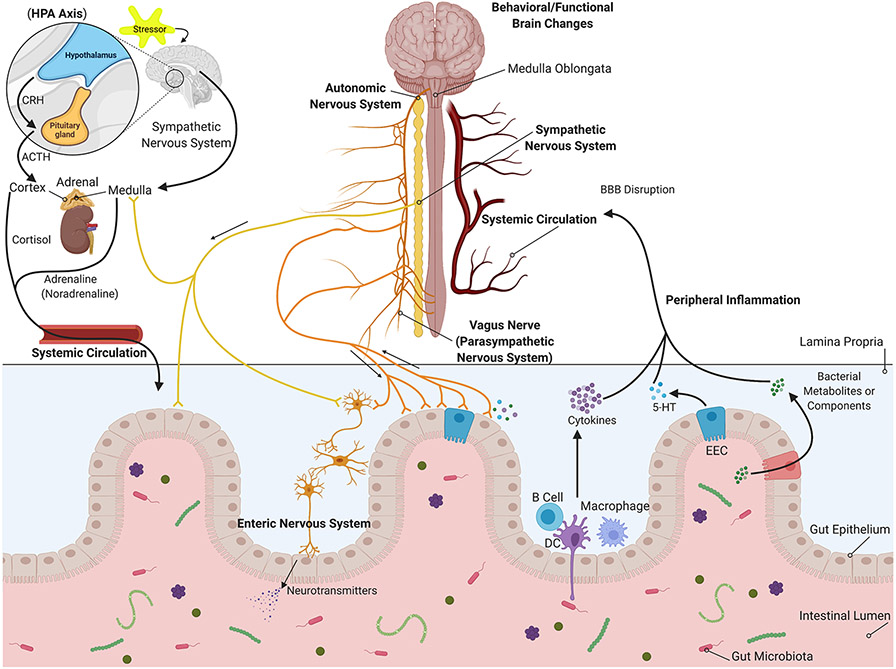Fig. 1. Interactions between the Gastrointestinal Tract and Brain of Relevance in AD.
The autonomic nervous system innervates the gastrointestinal tract to directly influence the enteric cells, immune cells, and intestinal microbiome. In addition, circulating hormonal secretions can have similar influences on the intestine. In turn, intestine-derived secretions such as bacterial products or metabolites, immune cells, cytokines, neurotransmitters, or enteric hormones may influence nervous communication to the brain directly or travel via the vasculature to affect the brain through mechanisms perhaps involving disruption of the blood-brain barrier (BBB).

